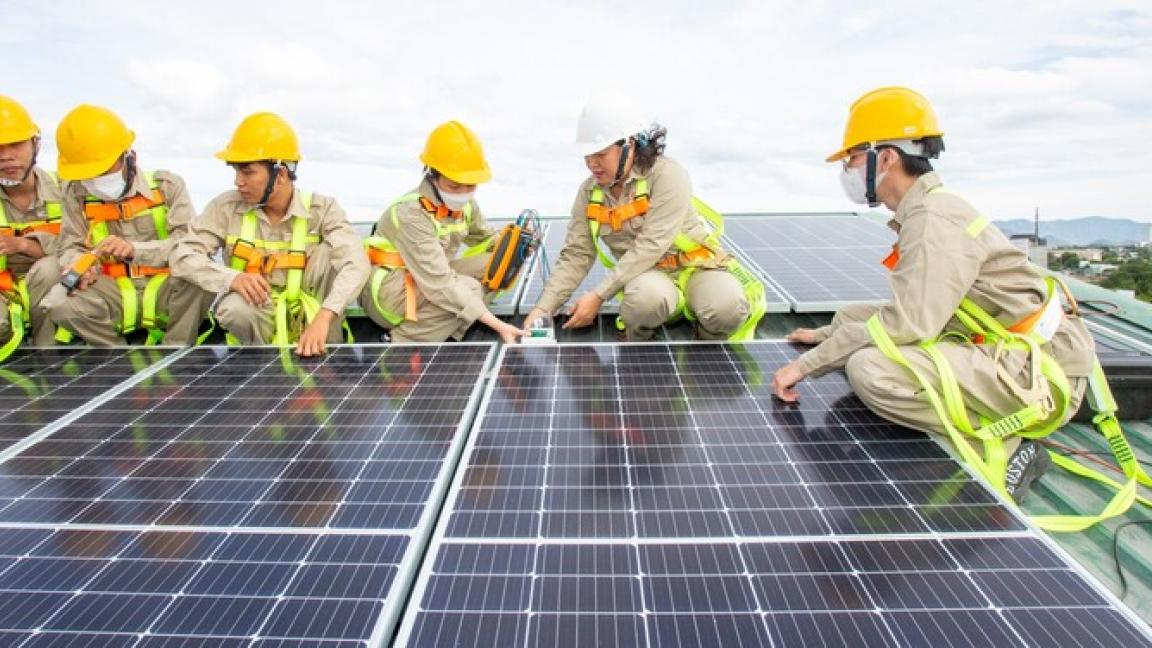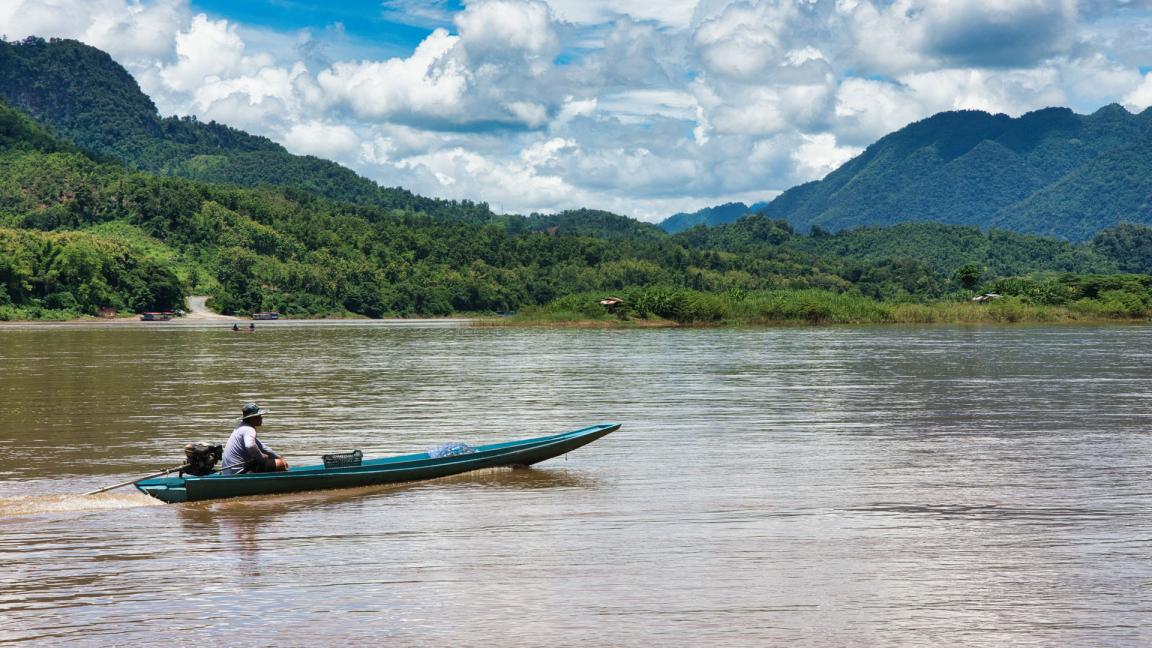The Deutsche Gesellschaft für Internationale Zusammenarbeit (GIZ) GmbH has been working in Viet Nam for more than 30 years. It has had an office there since 1998.
Viet Nam has successfully developed into an emerging market over the past two decades. The economy has grown quickly and across many sectors, but to the detriment of the environment and the country’s natural resources. Modern environmental and social standards are becoming increasingly important in ensuring that Viet Nam remains an attractive proposition in the future for international investors and markets.
The country is severely affected by climate change. At the same time, demand for energy is increasing. The Vietnamese Government has therefore embarked on a path of environmentally and socially just growth (green growth) and committed itself to protecting the climate and preserving biodiversity.
Our work on site: For climate protection and clean energy
On behalf of the German Federal Ministry for Economic Cooperation and Development (BMZ), the German Federal Ministry for Economic Affairs and Climate Action (BMWK) and the European Union, GIZ is working with Viet Nam to achieve environmental, climate-neutral and inclusive development (just transition). Through this, it supports the protection of global public goods such as a clean environment and intact climate. Its priority areas are:
- Climate change and the environment
- Energy transition
- Green economy and vocational education and training
GIZ is working with Viet Nam on reducing its greenhouse gas emissions and achieving climate neutrality by 2050. To this end, it provides advice on ensuring sustainable forestry, certifying environmentally responsible timber extraction, and organising protected areas with local people. In addition to this, GIZ supports Viet Nam in dealing with the impacts of climate change. In the Mekong Delta, for example, it is promoting the use of new agricultural practices, nature-based urban drainage systems, and digital instruments to protect both people and the land.
Viet Nam’s aim is to reduce its fossil fuel use to zero by 2050. GIZ supports Viet Nam’s Just Energy Transition Partnership (JETP) with the Group of Seven leading industrial nations (G7). This includes providing advice on the legal and regulatory framework for the energy transition as well as contributing to expanding the use of modern technologies, building a smart power grid and establishing a green hydrogen sector.
In addition to this, GIZ advises Viet Nam on economic, financial and socio-political reforms. It promotes the use of green technologies and digital solutions (twin transition), particularly to facilitate the circular economy and ensure sustainable supply chains. Viet Nam also needs skilled workers for its business sector. GIZ therefore supports the establishment of a demand-oriented, modern vocational training system which provides the expertise required to drive the green transformation of the economy (green skills). This includes, for example, the technical occupations needed to enable the development and implementation of renewable energy projects. GIZ also trials skilled labour migration models.
Viet Nam in brief
GIZ local staff
As of: 31.12.2025
- 239 National employees
- 33 International employees
- 3 Integrated experts
Insights


